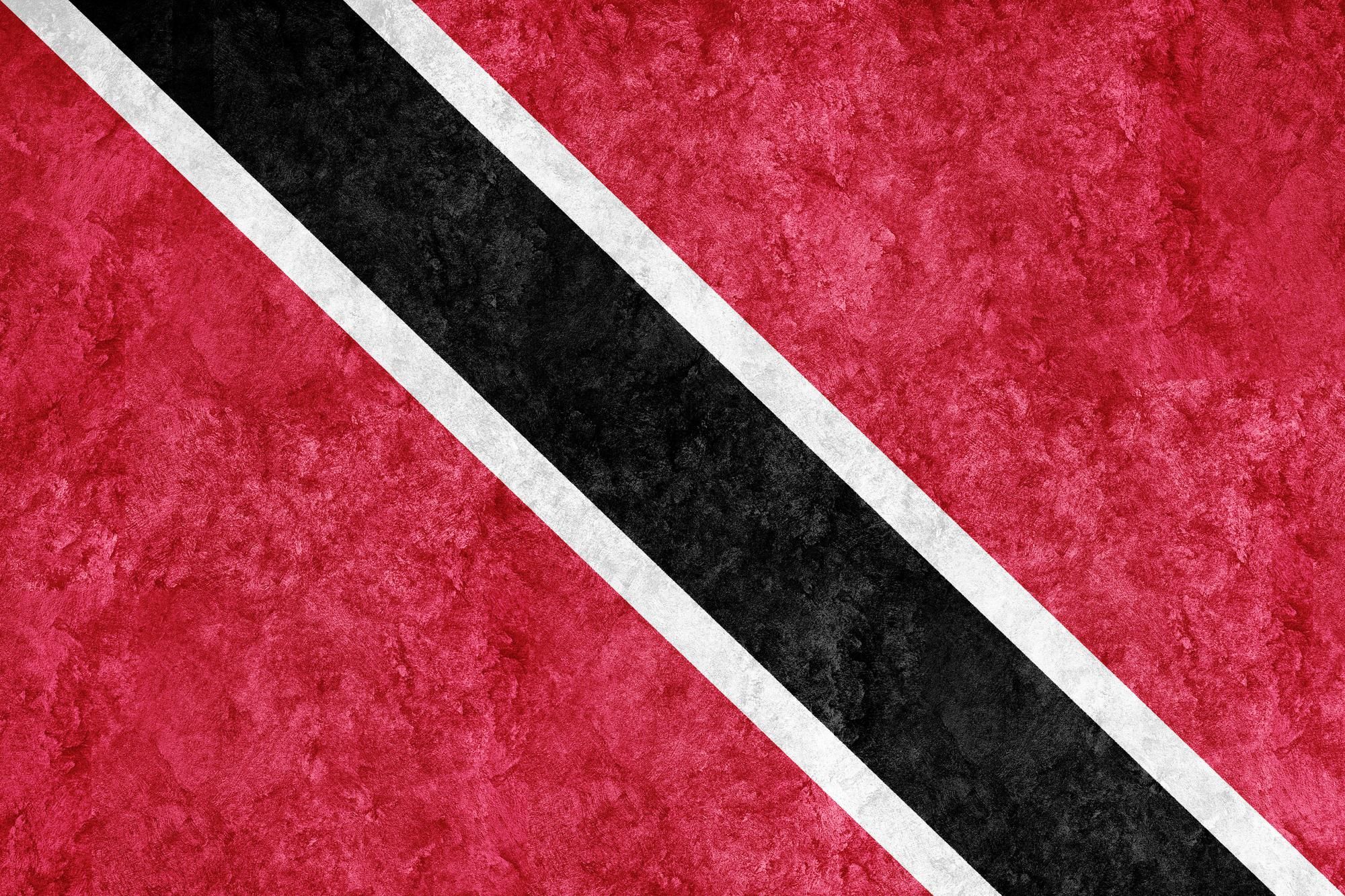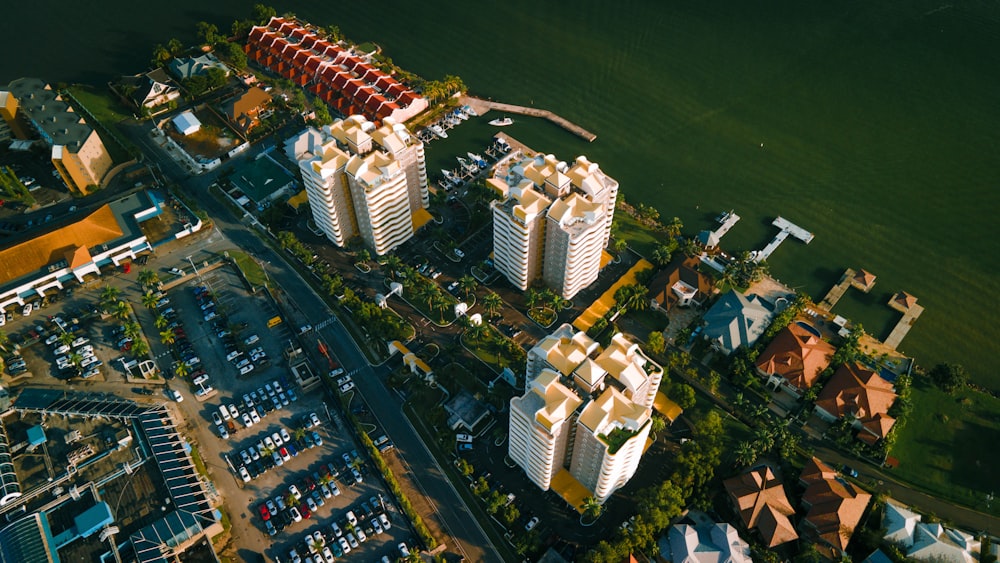
T&T has a tropical climate that experiences two seasons in a year; the dry season from January through May, and the wet season for the rest of the year. The country’s economy relies heavily on its oil & gas exports, and tourism industry. Most of the employment comes from these two sectors.
To work and live in a country surrounded by sandy pristine beaches has sunshine most of the year, and vibrant and lively culture is a dream come true. There are several ways you can achieve this dream.
Working in Trinidad and Tobago
To be able to work in the country, you must have a work permit. Since most of the employment comes from oil and gas and the tourism industry, having a specialized skill will increase your chances of securing a job significantly. Another area that is rapidly gaining popularity is Information Technology.
A work permit can be obtained based on an employment offer or against an investment prospect. The country’s visa process is streamlined and encourages foreigners.
Visa & Permit
Unless your country is visa exempted, or falls under the reciprocal agreement (EU region), you will need a visa to visit Trinidad & Tobago for up to 180 days. There are several types of visa one can apply for, as presented below:
- Business visa
- Investor visa
- Missionary visa
- Student visa
- Tourist visa and
- Work visa
As per the law of the land, “work” is defined as any activity performed for more than 30 days, regardless it is paid or not. The type of work visa depends on the applicant’s skills, expertise, qualification, and salary. The country’s authorities require the applicant to apply for the visa in person, by visiting their nearest consulate.
Usually, the employer is responsible to apply for the work visa after establishing that a suitable candidate could not be found from within the country.
Residence in Trinidad and Tobago
Choosing a perfect residence is probably the most important aspect of relocating to a new country; after securing a source of income of course. The important thing to remember while choosing a residence is that the realtors, like anywhere in the world, have their interests to look for first.
As such they will mostly show you areas where they have inventory; take guidance from other ex-pats and try choosing a house on higher grounds and have plenty of vegetation nearby, as flooding and rains and land sliding both are common in the country.
Based on factors like quality of life, population, and cost of living our top 5 picks are: (placed in decreasing order based on rent and cost of living)
- Port of Spain
- San Fernando
- Chaguanas
- San Juan
- Scarborough
Education system
If you are moving to T&T with your spouse and kids, you will be glad to know that the country holds education among its top priorities. Education is paid for by the state for children between ages 5 and 15, and it is mandatory for all children between this age to be in school.
For secondary education as well, the initial 5 years are also made compulsory, higher education though not compulsory is state-supported as too.
Healthcare system in T&T
Trinidad and Tobago is a wealthy country, thanks to its abundant oil and gas reserves. Hence the government spends generously on its citizens. Evidence of this is the free healthcare system for all its citizens.
Delivery systems and standards are competent and provide treatment for most illnesses and disabilities. Though there are very few major hospitals in the country, reforms are perpetually being made as time passes.

